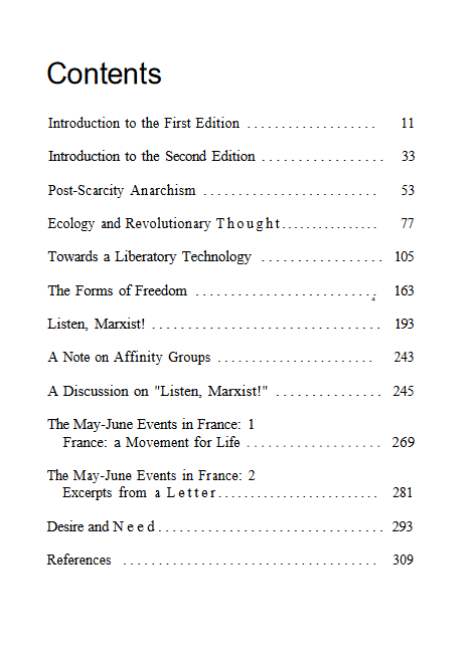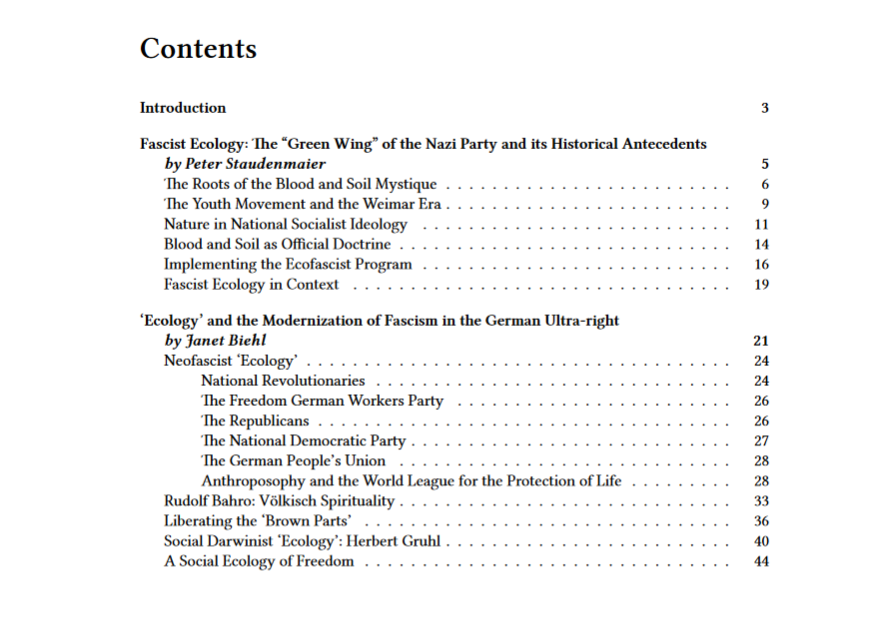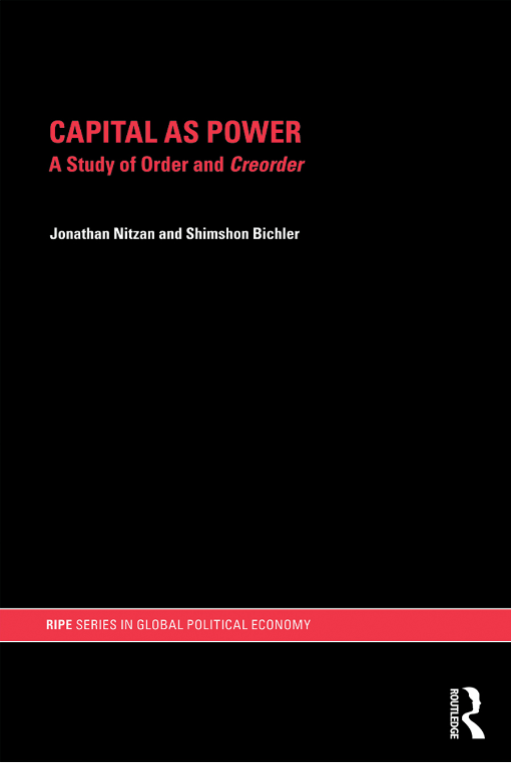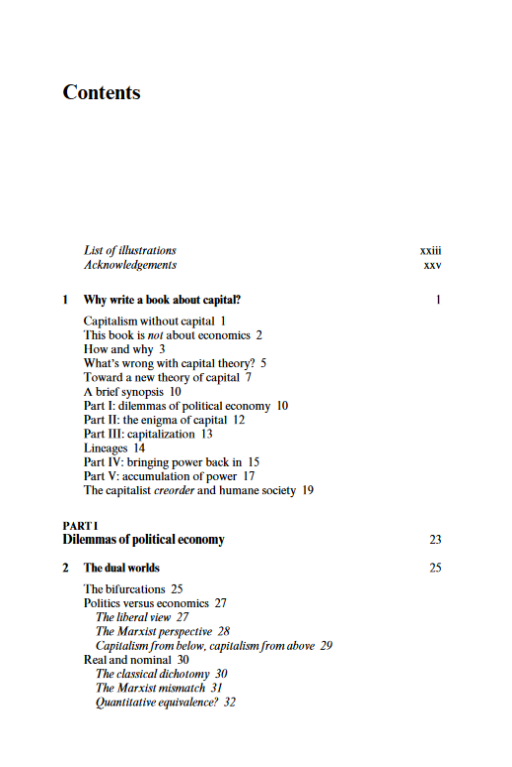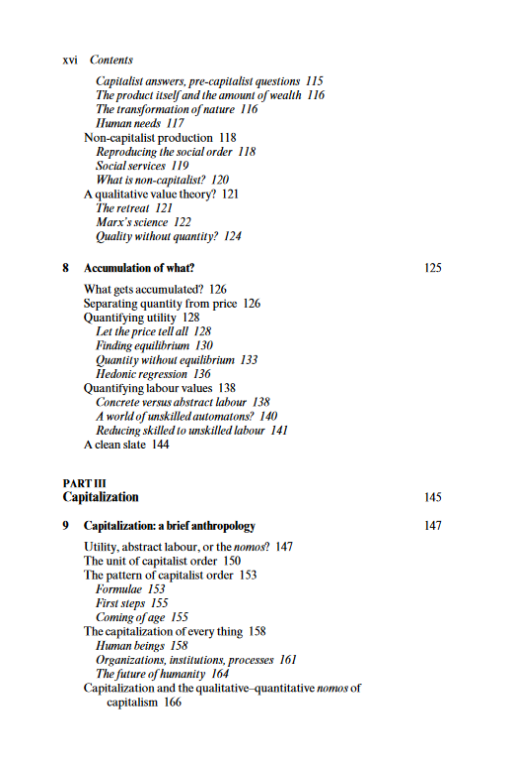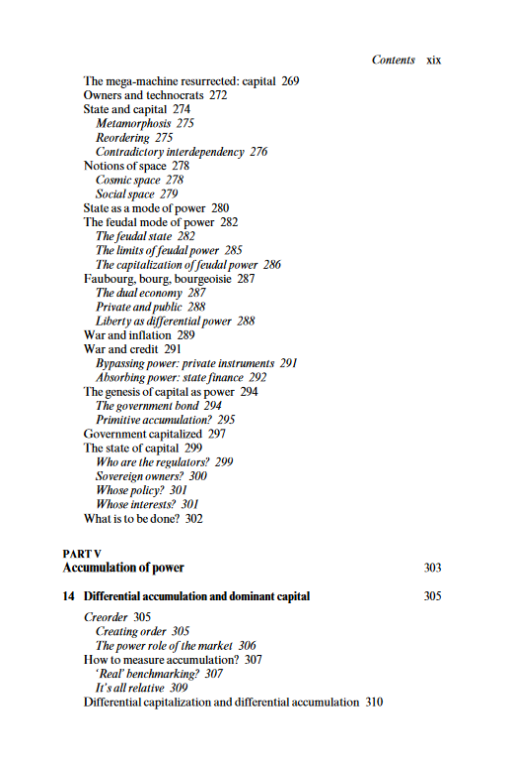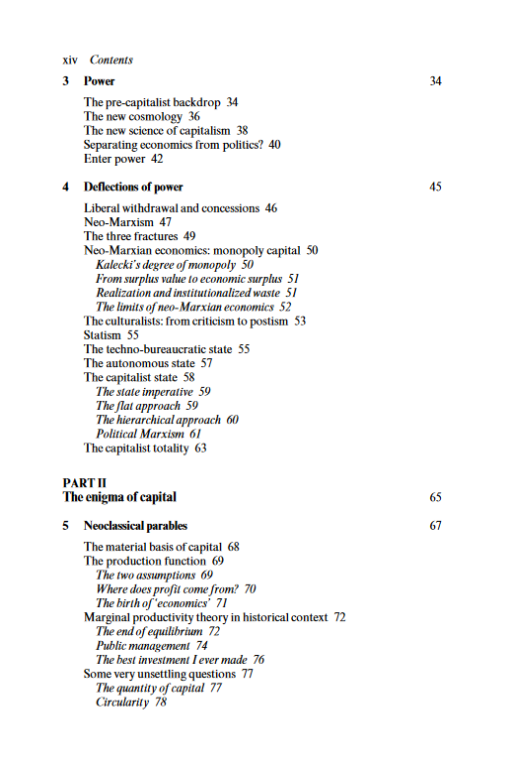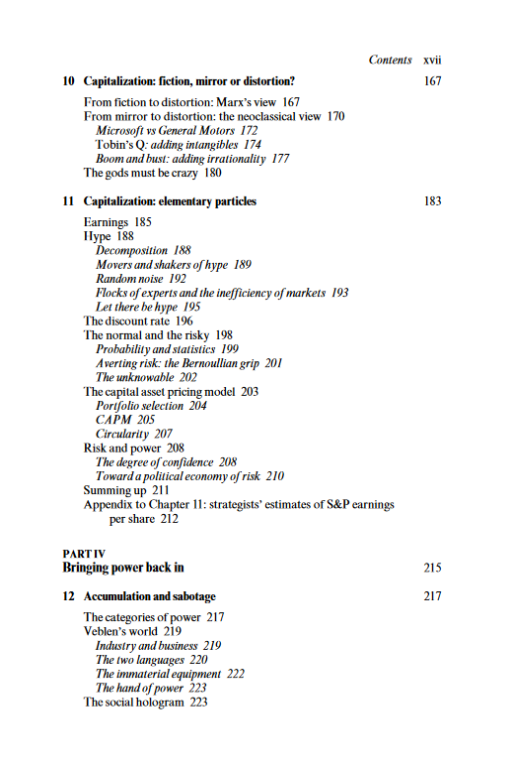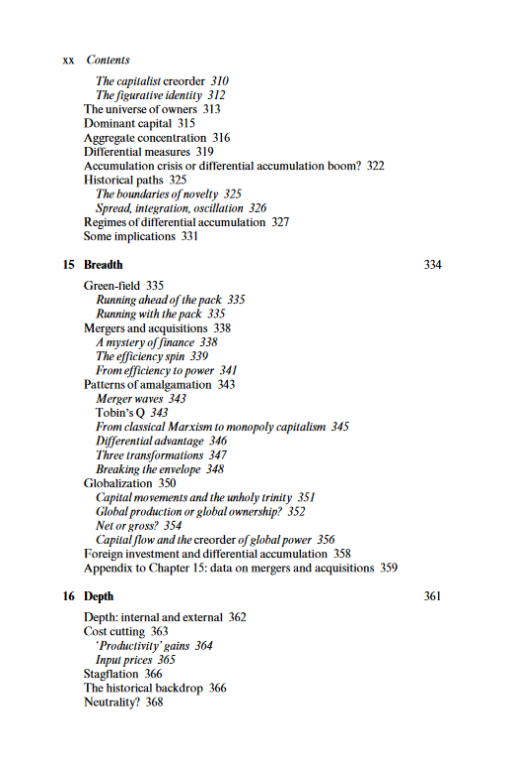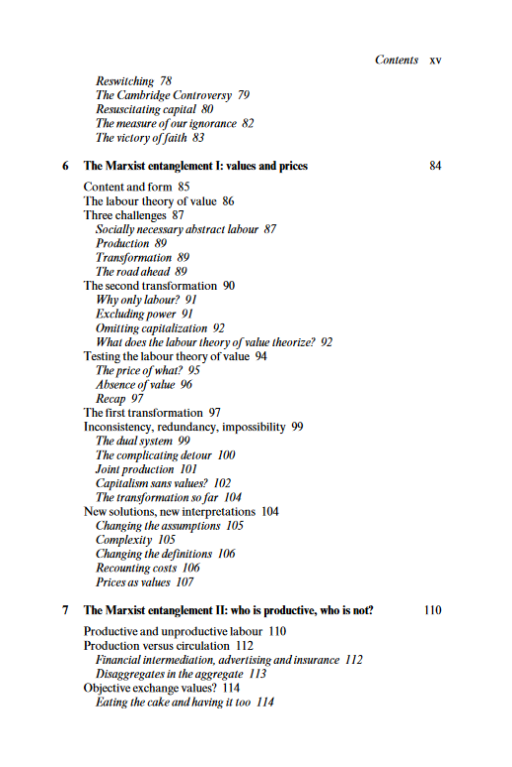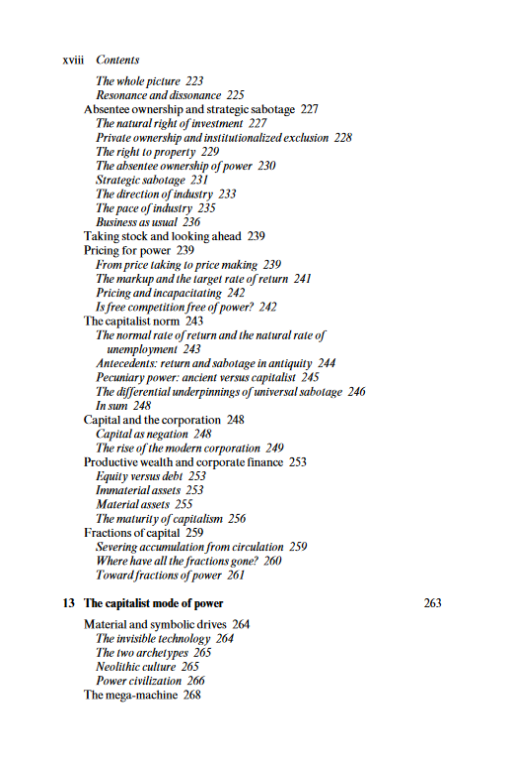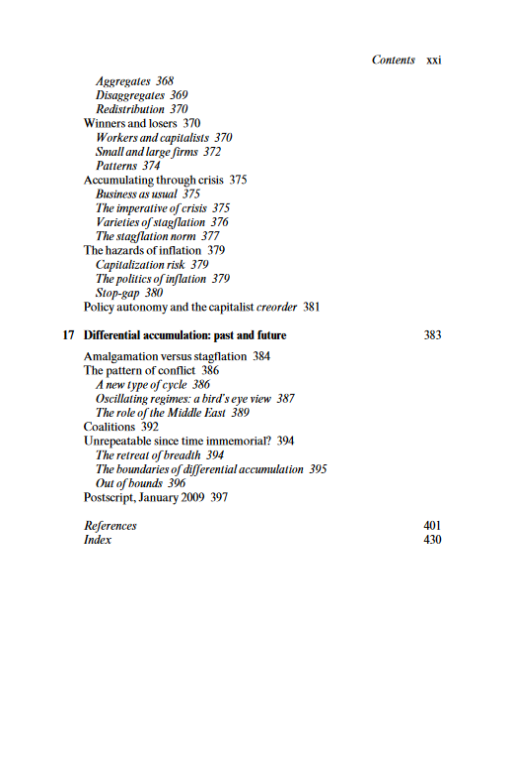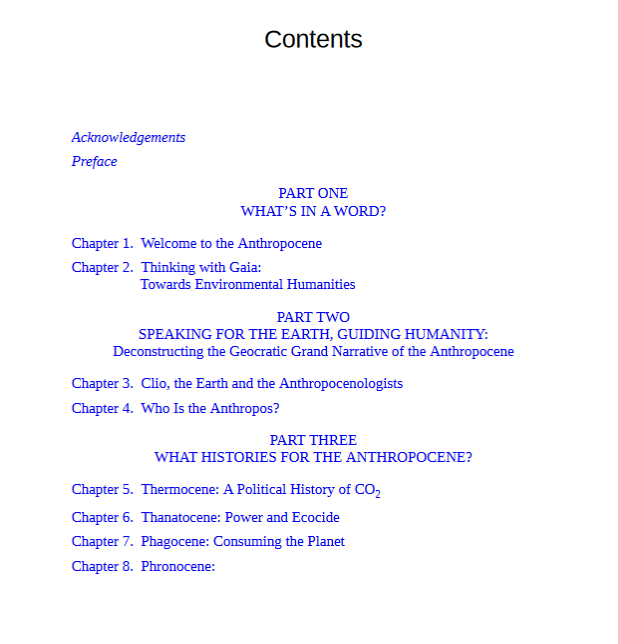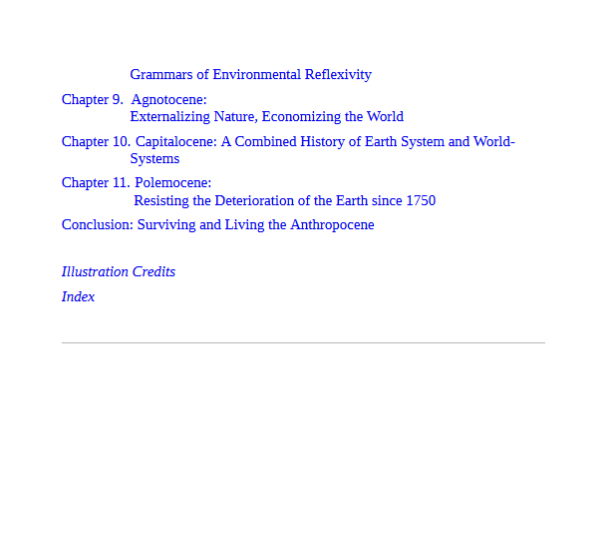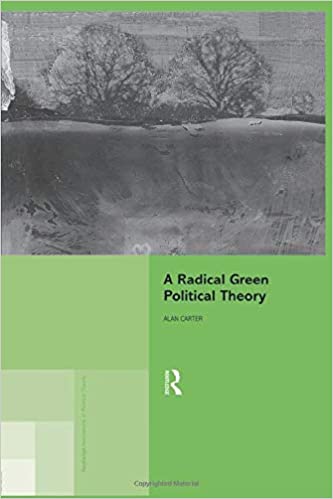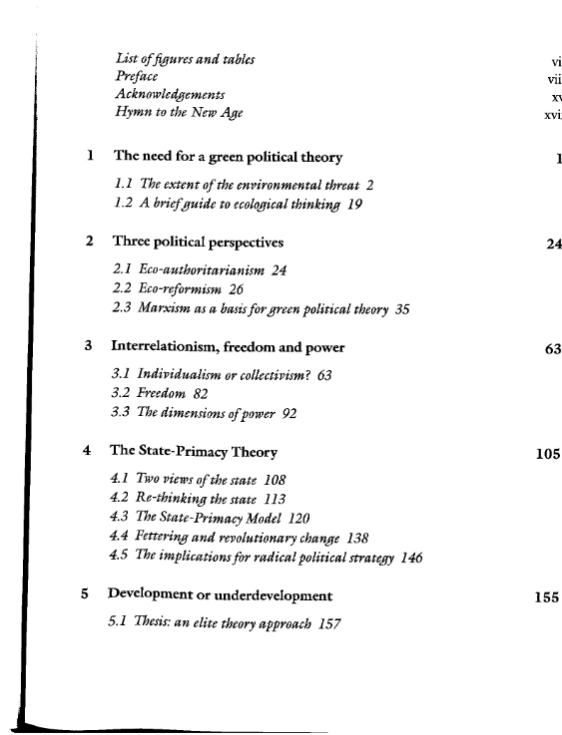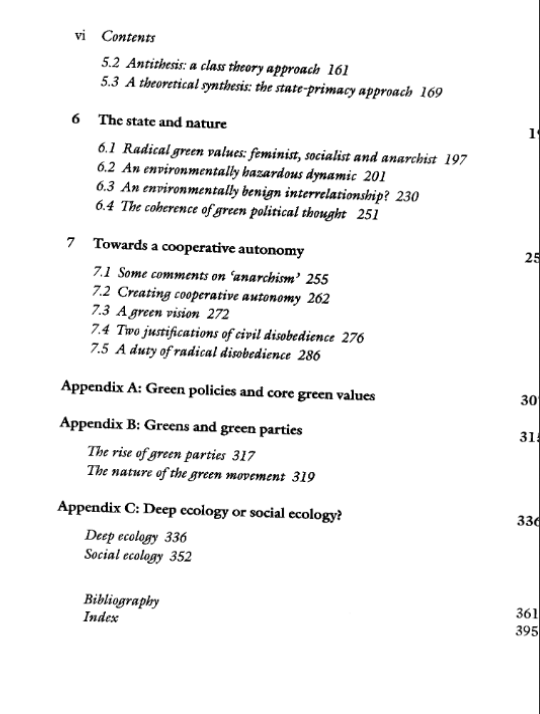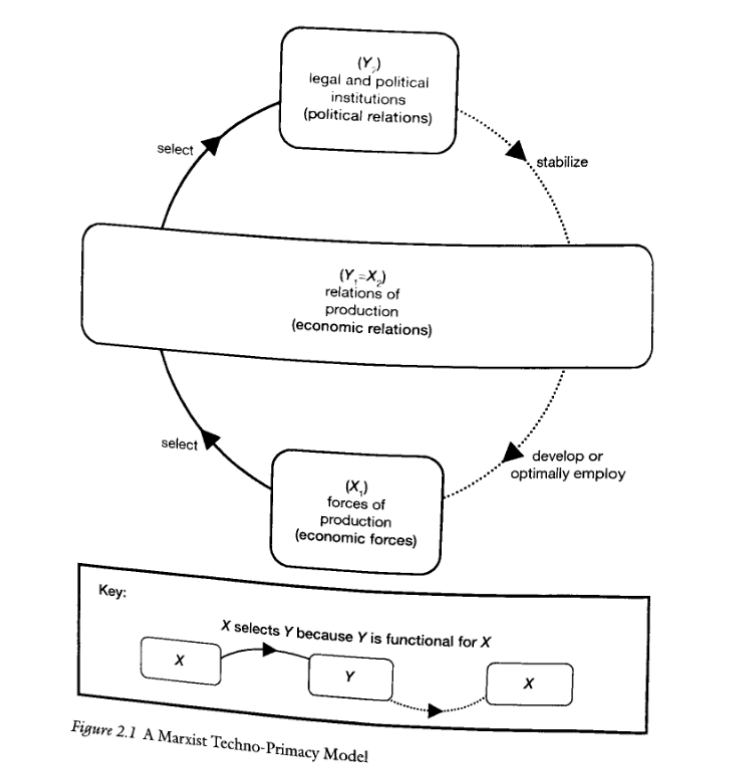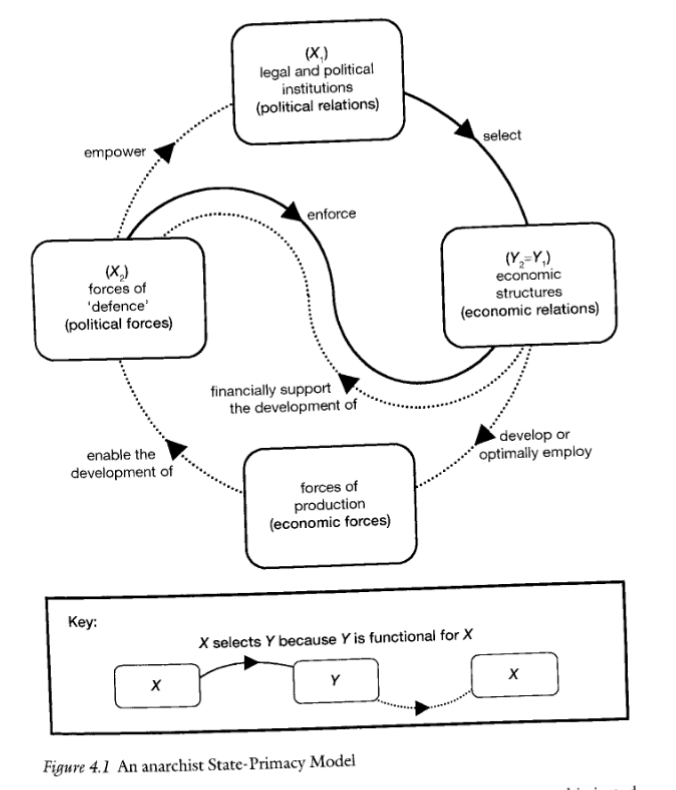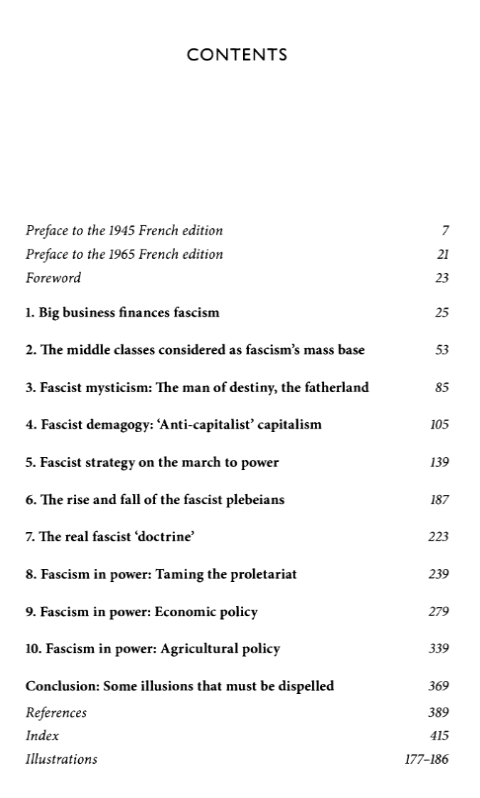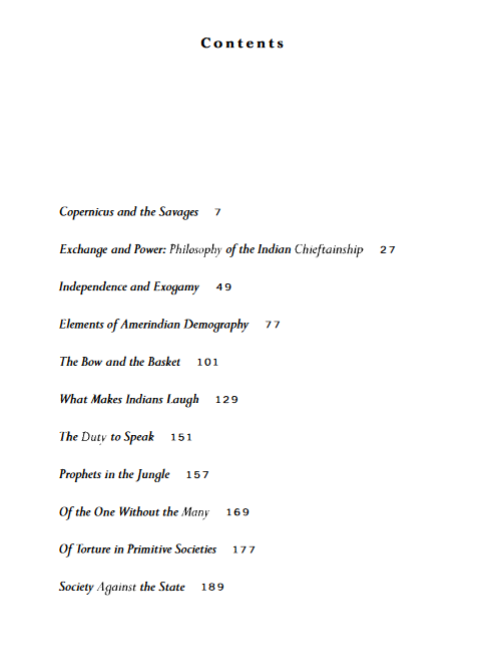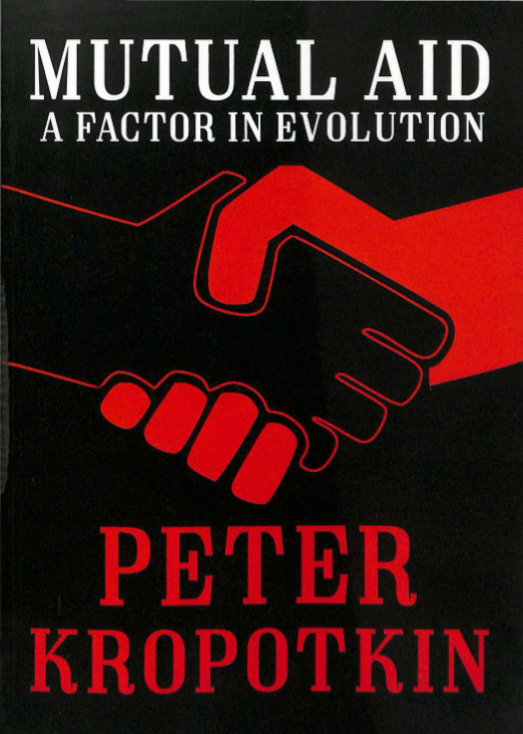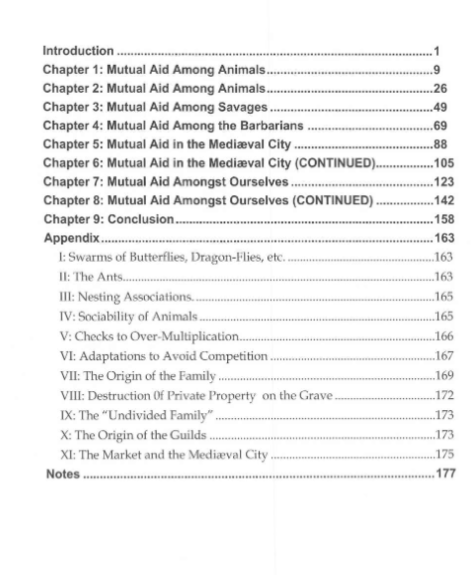Author(s)
Davide Turcato (editor)
Contents
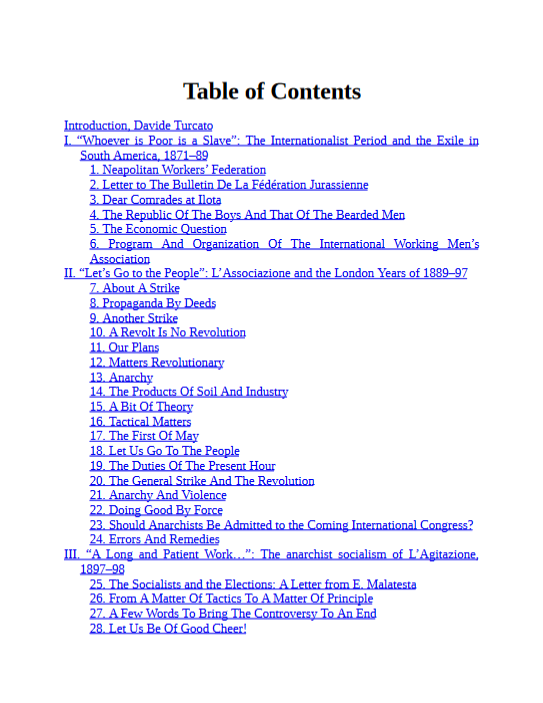
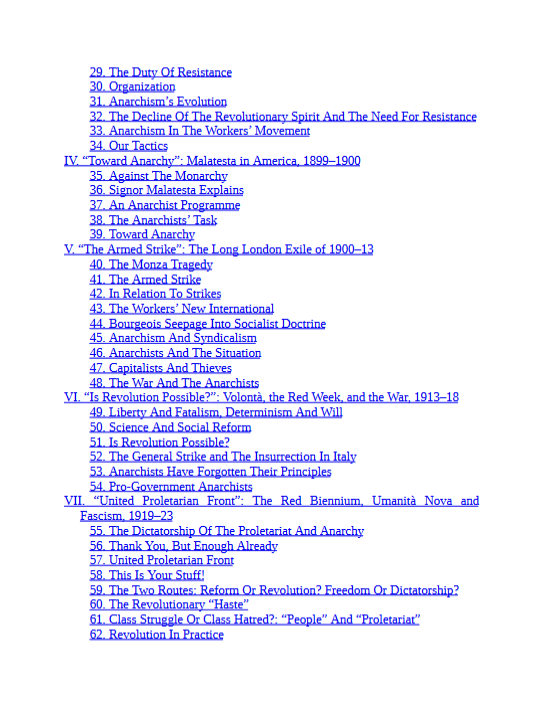
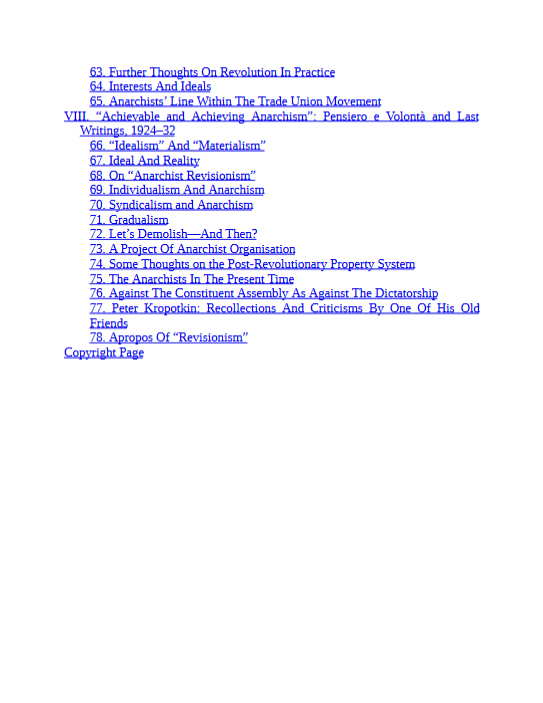
“In his writing, Malatesta has the rare ability of being both deep and clear. This is best illustrated by an example. In the Anarchy pamphlet, which we reprint in this volume, Malatesta defines anarchy in a single sentence :
“Anarchy, in common with socialism, has as its basis, its point of departure, its essential environment, equality of conditions; its beacon is solidarity and freedom is its method.”In its reference to the standard values of the French Revolution, égalité, fraternité, and liberté, the definition may seem a cliché. Yet, behind its deceptive simplicity, it expresses a whole, original conception of anarchism, which rests on the role assigned to each of those standard values. Equality of conditions means common ownership of the means of production, for there cannot be equality of conditions when a class monopolizes the means of production. Thus, a socialist society is being described here. Yet socialism is not an end-point; it is just a point of departure of an open-ended process. The beacon of that process is solidarity.
By assigning the driver’s seat of social evolution to an intentionally pursued value Malatesta is expressing a voluntarist view, in contrast to the marxist emphasis on the development of productive forces. And by assigning that seat to solidarity he is rejecting individualism. Finally, by advocating freedom as a method Malatesta is re-asserting free initiative in contrast to authoritarian socialism.
Davide Turcato
Malatesta is offering no blueprint of the future society, yet his definition is strongly characterized in terms of the process: he is describing an experimentalist, pluralist, socialist open society.”
Leave a comment below with a valid email adress (it will not be published) to request this book.


